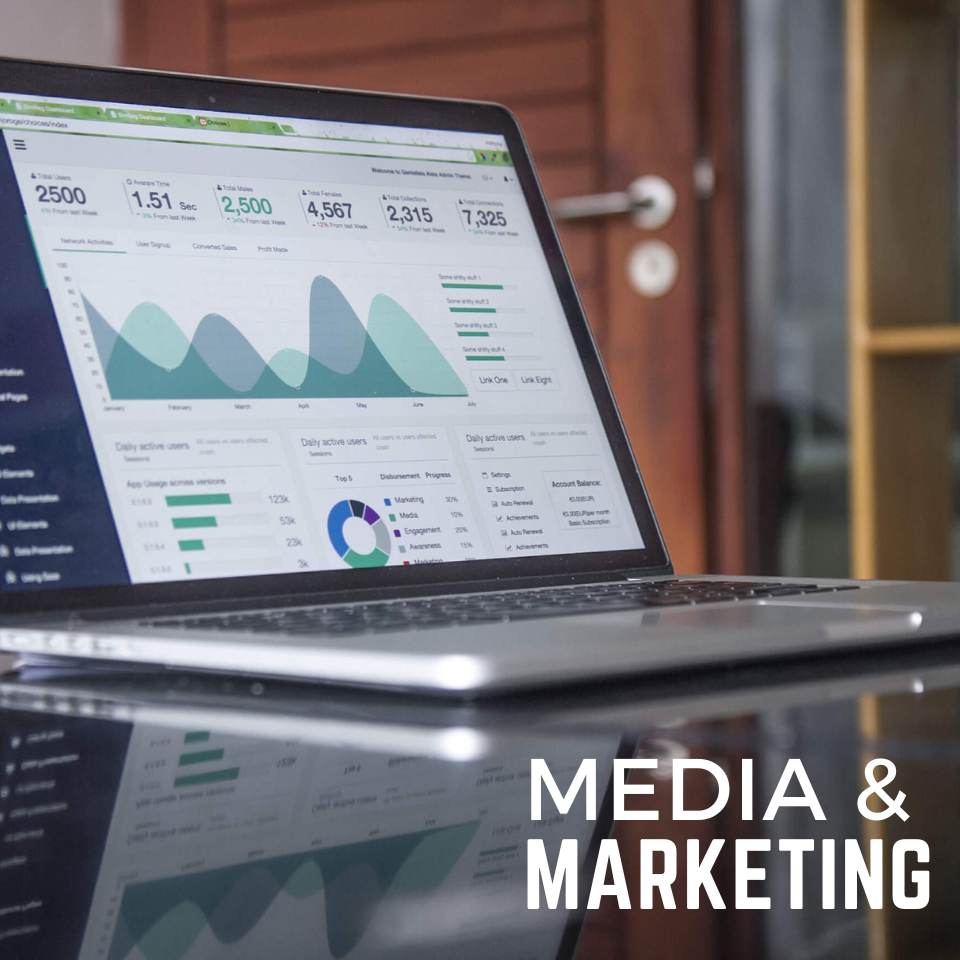As we stand on the brink of an AI-driven revolution, the question of how humanity will navigate the intersection of technological advancement and life purpose becomes increasingly relevant. Technology has progressed at an exponential pace, reshaping industries, redefining communication, and altering the very fabric of society. Yet, amidst this transformation, we must reflect on the essential question: how do we align our lives with purpose in a world dominated by AI?
The Current Paradigm: Consumption and Overproduction
For decades, society has been driven by the dual engines of consumption and overproduction. As a generation, we’ve become accustomed to chasing material wealth, acquiring goods beyond necessity, and contributing to a cycle that often prioritizes profit over sustainability. This consumption-focused lifestyle has distanced us from introspection, meaningful growth, and the true essence of life: connection, fulfillment, and legacy.
AI amplifies this paradigm. Automation, predictive analytics, and generative technologies enable unprecedented production efficiency, creating an abundance of goods and services. Yet, these advancements often highlight a disparity: while technology accelerates, humanity struggles to keep pace in adapting to its implications.
The Growing Divide: Humanity vs. Technology
Technology’s inherent advantage lies in its ability to adapt, scale, and optimize without pause. AI learns and evolves at a speed unimaginable for humans, reshaping industries and displacing traditional roles in the process. From manufacturing and logistics to creative industries, AI’s influence extends far and wide, prompting concerns about job security and economic stability.
But the challenge extends beyond employment. Technology’s rapid evolution calls into question the values and systems that have defined humanity for centuries. If machines can produce, create, and even think, what role remains for human ingenuity and purpose? How do we maintain our relevance in a world increasingly defined by algorithms?
Adapting to Change: A Moment for Reflection
Instead of viewing AI as a threat, we should approach it as a catalyst for transformation. The AI revolution offers an opportunity to reimagine our relationship with work, redefine success, and recalibrate the purpose of life itself. Key areas of focus include:
- Prioritizing Purpose Over Productivity
- In an era where machines handle repetitive tasks, humanity has the freedom to focus on work that aligns with passion and purpose. Creativity, empathy, and ethical leadership are uniquely human traits that machines cannot replicate.
- Shifting Toward Global Collaboration
- AI’s interconnected nature encourages global collaboration. Remote work, shared knowledge, and interconnected platforms enable individuals to work independently while contributing to global initiatives.
- Balancing Consumption with Sustainability
- The AI revolution is a moment to break the cycle of overproduction. By leveraging AI to optimize resource use, we can create systems that prioritize sustainability over excess.
Building a Life of Independent Growth
The future requires us to adapt, but adaptation must be intentional. As individuals, we should:
- Cultivate Lifelong Learning: AI will continuously reshape industries, making it essential to stay curious and adaptable.
- Focus on Emotional Intelligence: While machines can simulate thought, they cannot replicate human emotion. Skills like empathy, collaboration, and communication will become increasingly valuable.
- Reconnect with Purpose: Reflect on what drives you. Whether through art, science, or community, align your actions with a greater sense of meaning.
Conclusion: A Global Mindset for a Connected Future
The AI revolution is not just about technology; it’s about humanity’s response to it. By embracing change and prioritizing purpose, we can redefine what it means to live a meaningful life in the 21st century. This is a moment to rise above a consumption-driven mindset and shift toward intentional growth, where independence and global collaboration coexist.
As we adapt to the realities of an AI-driven world, let us remember: technology should enhance humanity, not overshadow it. The future is unwritten, and its purpose lies in our hands.




